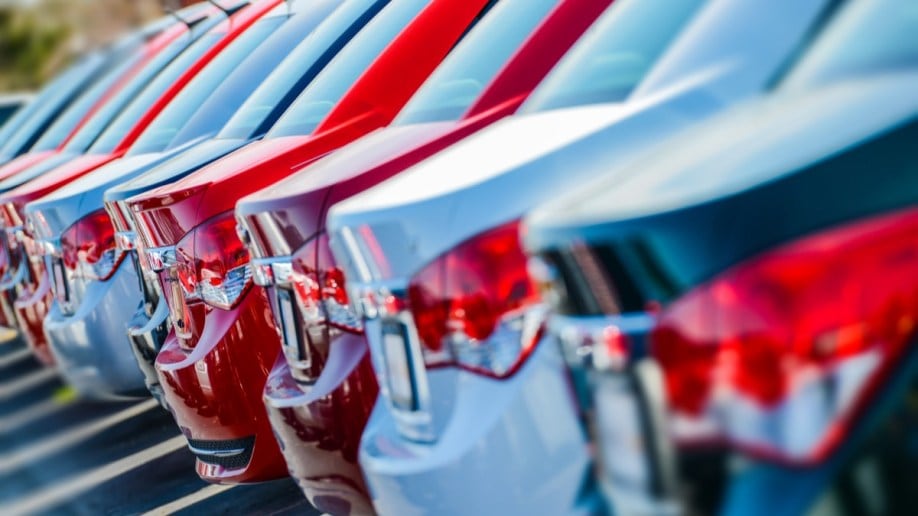
“I think what dealerships need to do is realize that they’re forgoing a long-term relationship with customers when they charge over the MSRP. Consumers can tell which dealers are in it for the long term versus the short term,” says Julie Kenar, senior vice president at Growth from Knowledge AutoMobility. “I really think that it’s incumbent upon the dealers to take that long-term view as opposed to just taking their money and likely never seeing them again.”
More Americans Paying Over Sticker This Summer
GfK Automobility surveyed Americans who bought a new car in June, and found that 3 in 10 buyers who paid over sticker price “said they would tell others not to go to the dealership they used.” Just 14% of those who paid MSRP (manufacturer’s suggested retail price) said the same.
In a typical market, buyers who paid over sticker price would represent a small share of car shoppers. But the average new car price hit a record high this summer. Buyers paid an average of $1,017 above MRSP in June, according to data from Kelley Blue Book parent company Cox Automotive. July’s numbers aren’t final yet, but we expect to see a new record when they are published.
They’re Mad at the Dealership
Buyers were frustrated with mystery charges and a poor selection of cars. Thirty-one percent bought a model that wasn’t their first choice, 30% compromised on features, and 34% percent said they had paid “fees they had never heard of before.”
Buyer anger at dealerships is growing quickly. Thirty-two percent of buyers in June said they won’t go back to the dealership they bought from when their new car needs service. Just 23% said the same in May.
They’re Mad at the Company That Built the Car, Too
Buyers walk away angry not just at the dealership, but at the badge on the car they’re driving. GfK Automobility found that 27% of buyers say they wouldn’t pay higher than MSRP for a vehicle from the same brand again. Twenty-three percent said the transaction made them think less of the brand they bought from.
That sounds alarm bells inside the auto industry.
Many Americans have emotional relationships with their cars. Some even advocate for their favorite brands like sports teams. Few Americans identify with the shirts they wear or the headphones they listen to. But odds are decent that you’ve met a Porsche Girl or a Mopar Guy.
Automakers know this. They make great efforts to build brand loyalty and measure what the industry calls “conquest,” or first-time buyers who trade in a car from another brand.
A Growing Backlash
Drivers are expressing their anger in new ways, and automakers are trying to respond.
The federal government’s primary consumer watchdog agency recently proposed new rules that could rein in dealer practices like mystery fees. The Federal Trade Commission is currently asking for comments on the rules (read them here and give your thoughts here). A trade group representing dealerships has objected and asked for more time to review the proposal.
A consumer group, meanwhile, has launched a crowdsourced website aimed at shaming dealerships that add hefty markups to cars.
Automakers, for their part, are trying to find new ways to restrict markups and other dealership behavior that gives them a bad name. Steps include telling dealerships they’ll lose the right to sell popular models if they mark them up heavily and cracking down on dealers who work with third parties to inflate prices.







